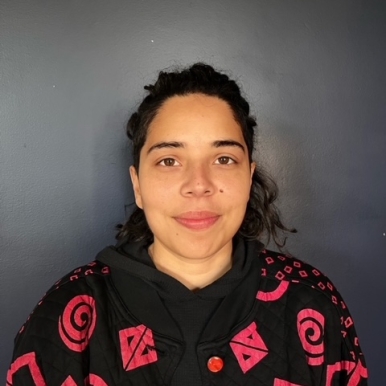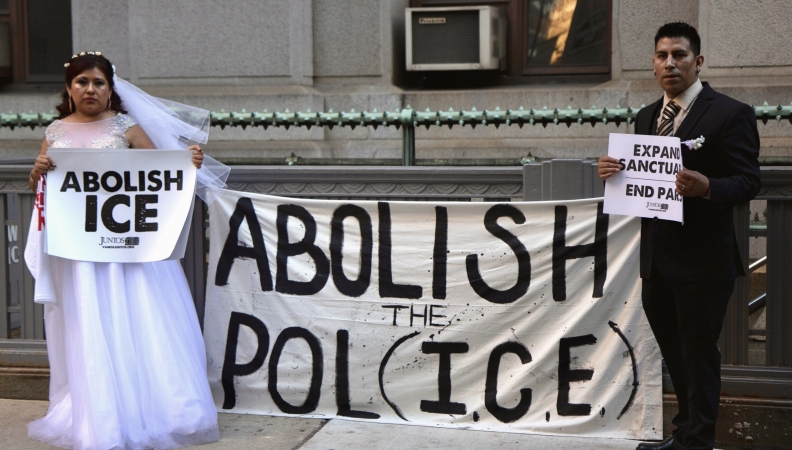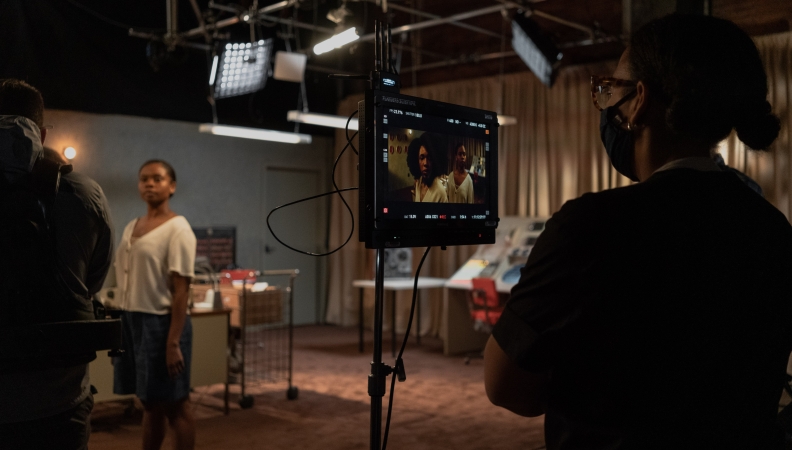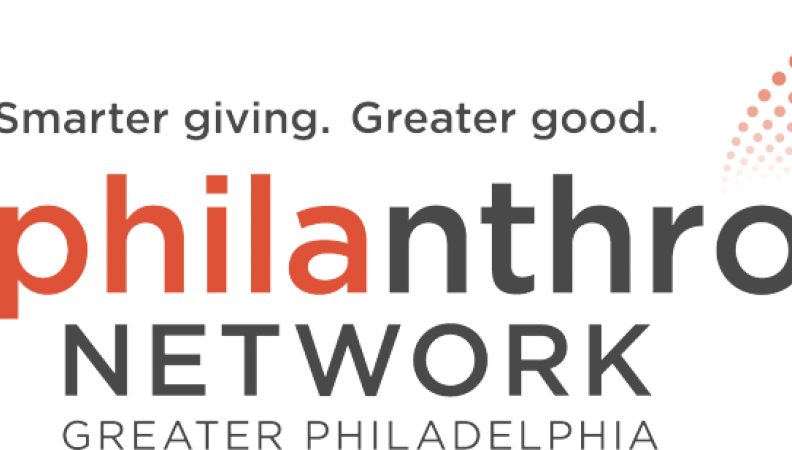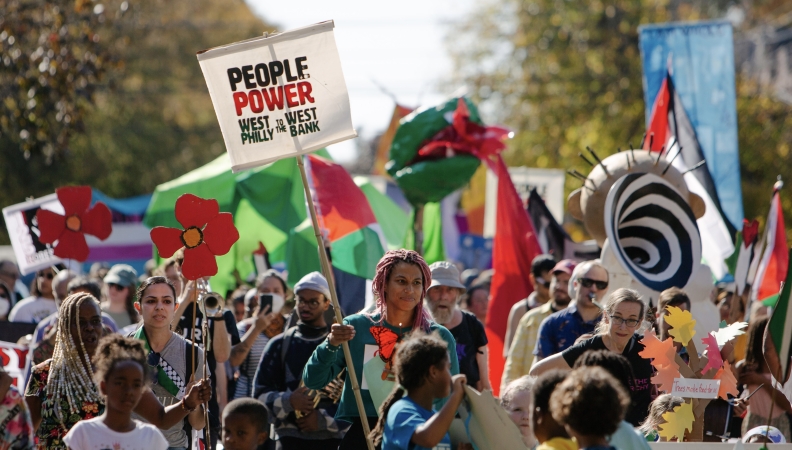If Large ISPs Co-Opt the Digital Equity Movement, We Will Not Achieve Internet for All
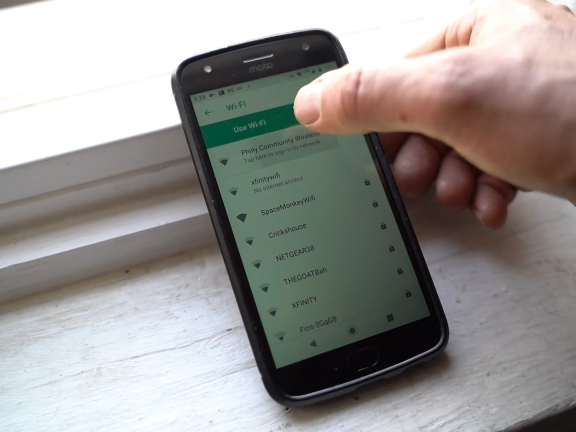
Our physical world is deeply entwined with the digital world. To obtain quality jobs, education, housing, healthcare—or to distribute and consume media—it is necessary for people to access the Internet*. Yet not all communities have equitable internet access. In Philadelphia, people of color, elders, people with low incomes or without employment, and limited English-speaking households experience digital redlining. Even in places with high-speed internet infrastructure, certain communities are not offered the same speeds despite paying the same price. Large Internet Service Providers (ISPs) claim to have stepped in to fill in the gap. But even among programs designed to address the digital divide—such as Comcast’s Internet Essentials program—people are offered inconsistent and insufficient digital access. In this essay, I explore how ISPs have co-opted digital equity spaces, how that co-option harms advancements towards digital equity, and what it takes to make meaningful structural change.
At IPMF, we believe open, affordable, and reliable access to the Internet is a human right. I joined IPMF to explore the ways we could strengthen community internet**, and as IPMF’s program associate, one of my roles is to lead our Internet for All program. My work is inspired by my personal relationship with digital technology, which took roots as a high schooler who spent countless hours exploring online communities. I created and moderated an online forum of Avatar: The Last Airbender that organically evolved into a queer community for teens in the closet. This freedom to foster a virtual community with little programming knowledge gave me space to learn more about myself, about other identities, about creative expressions. I likely wouldn’t be in this world, or the person I am today, if it wasn’t for digital spaces. The Internet allowed me to travel freely through worlds as my undocumented status restricted my physical movements.
These days, I explore how we can reclaim our technological imagination of the Internet, read about infrastructural ecology, and reflect on how the Internet is physical. These studies have shifted my relationship to the Internet from one based on personal education to one that’s focused on advocating for anti-commercial and user-led digital networks. The current state of the Internet reflects a deeply corrosive racial capitalist system based on the remnants of colonialism. It is centralized, monetized, privatized, with many websites and tools designed to use our attention (and data) as a currency. Simultaneously, ISPs’ control of the physical infrastructure of the Internet prioritizes access to those who can pay the premium, furthering a divide that has major socio-economic implications in our society.
“Wolf in Sheep’s Clothing”: Giant ISPs in the World of Digital Equity
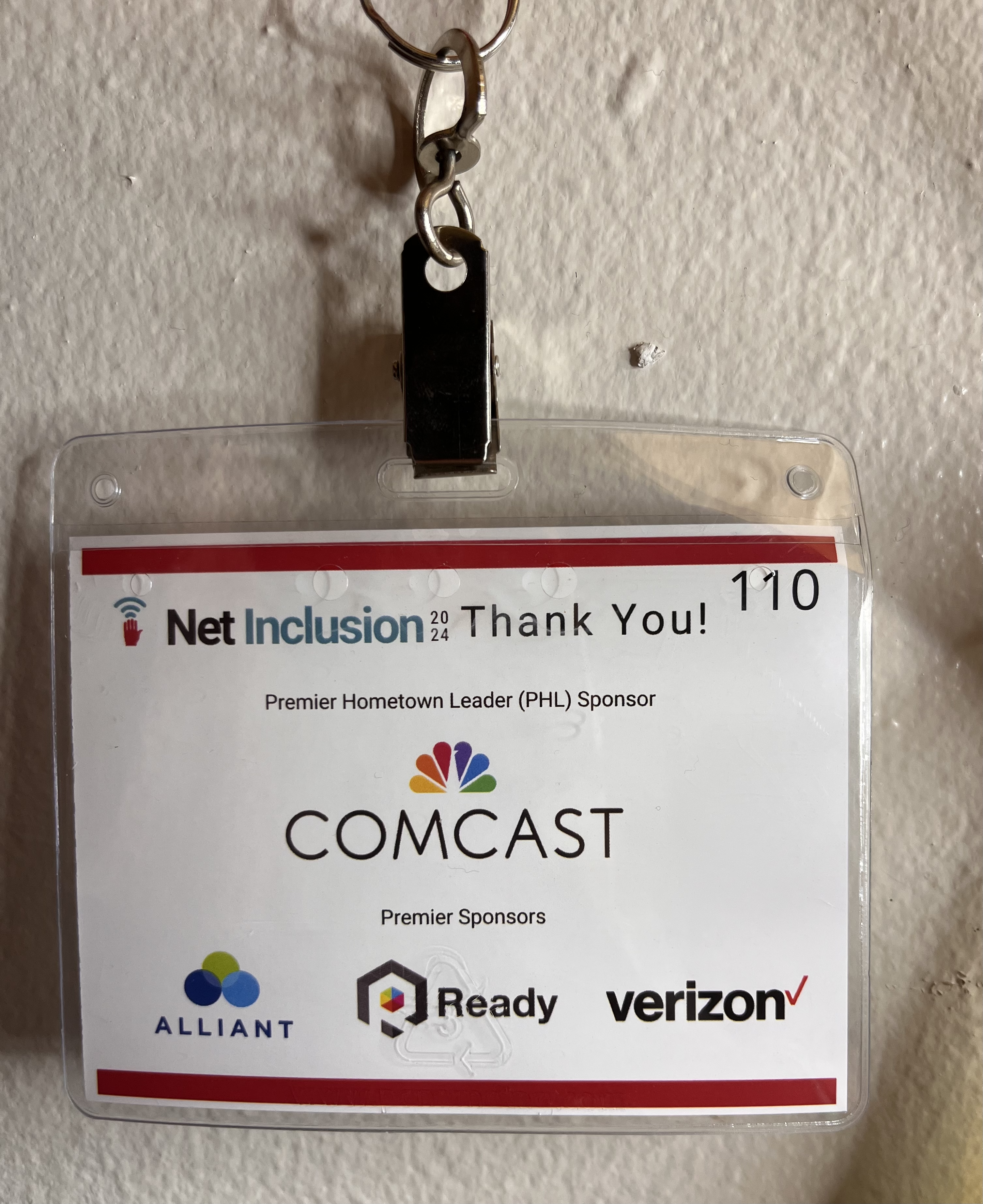
ISPs are co-opting how digital equity is addressed while lobbying against municipal and community-driven broadband networks. Co-opting occurs when elite groups take control of a movement and influence the political agenda/resources (think corporate hijacking). For example, Comcast is a media conglomerate based here in Philadelphia and is the nation’s largest ISP. In 2023, Comcast’s revenue was $121.6 billion, with a profitability of $37.63 billion. They have the capital to make deep changes. But their efforts lack teeth. Comcast says they are committed to addressing digital inequities without acknowledging the central role they play in the digital divide. Their 10-year $1 billion commitment to “digital equity” has no mention of structural changes, such as overturning the anti-municipal broadband legislation they campaigned for in Pennsylvania along with Verizon.
ISPs are attempting to set agendas to “solve” the problems they have created. At Net Inclusion 2024, the nation’s largest digital inclusion conference, Comcast and Verizon were key sponsors. Their presence was strongly felt with ISP staff participating in conference panels, advocating for digital navigator programs, internet access to community centers, and bringing back the sudden discontinuation of the popular Affordable Connectivity Program (ACP). On the surface, these initiatives do provide temporary relief to many families, but they are ultimately band-aid solutions that rely on government subsidies to exist. For example, the loss of ACP will mean the loss of customers who cannot pay the full amount of internet subscriptions. In other words, ISPs are in favor of digital equity programs that provide them with more government funding, adding to their current billion-dollar revenue***. Comcast has the funds to significantly alter the way we access the Internet in the region, but their profit motives contradict the company’s vision for digital equity.
(For those curious about the observations of power at Net Inclusion 2024, I recommend this recap of the conference, which includes a nuanced view of Comcast’s role in digital equity.)
We know if ISPs continue to co-opt the movement for digital equity, we will not achieve a vision for Internet for All. We’re seeing this occurring in other movements, as is the case with the corporate co-opting in climate justice spaces. In short, ISPs are on board with digital equity programs as long as it doesn’t interfere with their profit margin.
The Path Ahead
This context is important for understanding IPMF’s approach to digital equity. As grantee partners, digital equity/justice advocates, and community leaders have told us: the problems of digital inequity are deep. We cannot tackle it without an organized movement that centers the lived experience of those most harmed by digital redlining. We cannot tackle it without having alternative infrastructures that allow communities to decide how the Internet is accessed. For these reasons, we’re taking a two-pronged digital equity focus:
- Fund community-controlled internet***
- Strengthen community organizing for digital equity
This work is just the beginning of a tough journey. Two major hurdles locally is that Pennsylvania remains one of 16 states prohibiting municipalities from providing broadband services to residents, and incoming broadband state funding is confusing and convoluted to access. Therefore, we have to support advocacy efforts from multiple angles. We’re currently partnering with Democracy Fund, a funder supporting digital equity advocacy in Arizona, Michigan, New Mexico, and Pennsylvania. They are contributing to our Internet for All program, where we’ll regrant the funds to directly support on-the-ground digital equity organizing and the expansion of community-controlled internet in the region.
For over a year, we’ve been part of the ever-expanding Keystone Internet Coalition (KIC) which is working day and night to hold the state accountable around how public funds are used and pushing for dollars to go directly into the hands of communities. We continue supporting local advocacy groups like Technology Learning Collaborative, who facilitate collaborations among digital equity leaders. We also champion Philly Community Wireless’s vision to provide North Philadelphia residents with community-controlled internet, with the hopes of expanding to neighborhoods throughout the city. We choose to partner with these groups because their work is rooted in transforming the material conditions that will allow everyone to access full participation in our society.
As we foster these partnerships, we commit to continue learning, tinkering with our programming, and seeking projects that are exploring the creation (or expansion) of new community internet networks.
If you have any ideas or projects for expanding community-controlled internet in and around the Philadelphia region, or want to connect about Internet for All, we would love to hear from you! You can reach us at info@independencemedia.org.
P.S. If you have some time, check out Benton Institute for Broadband & Society’s guidebook on How To Build a Public Broadband Network, released earlier this month.
NOTES
* Internet is capitalized in this essay when indicating the global network of internet networks. When not capitalized, it is referring to any collection of interconnected networks.
**Community Internet: Community internet refers to broadband networks that are collectively owned and managed by a local community for non-profit and community purposes. They are comprised of collectives and cooperatives, non-profit organizations and NGOs, community members and residents who work together to build and control internet infrastructure in their shared neighborhoods and regions. Often organized in a grassroots fashion, community networks seek to empower local community members to exercise their right to communicate, under the principles of democratic participation, justice, diversity, and plurality (source: Philly Community Wireless). Watch this video from Philly Community Wireless for more information.
*** Through the Affordable Connectivity Program (ACP), the federal government subsidizes ISPs to provide lower internet costs to consumers. In other words, it remains in ISPs interest to pressure the government to continue ACP. But what would happen if large ISPs, like Comcast, absorb the program and provide the subsidies themselves? Check out this opinion on the numbers.
